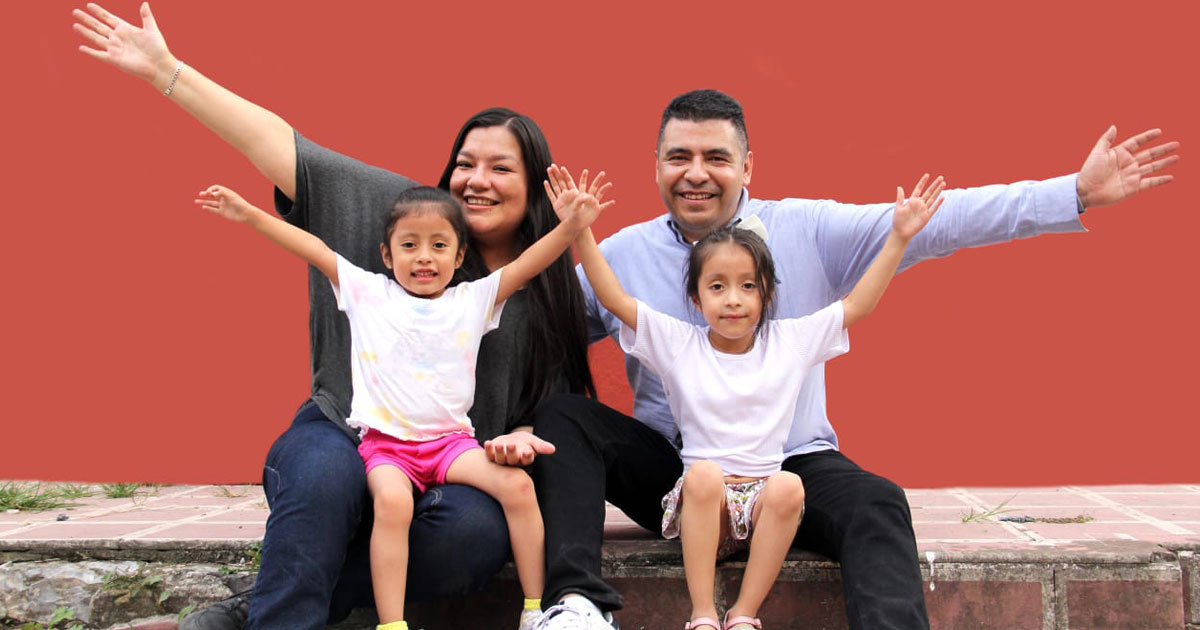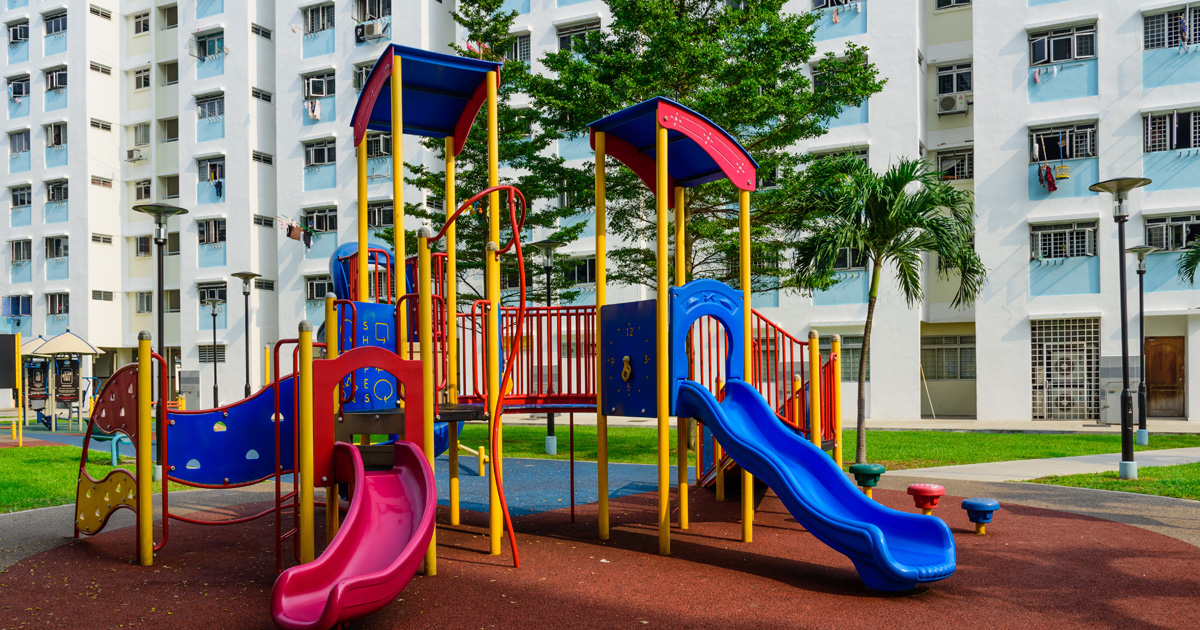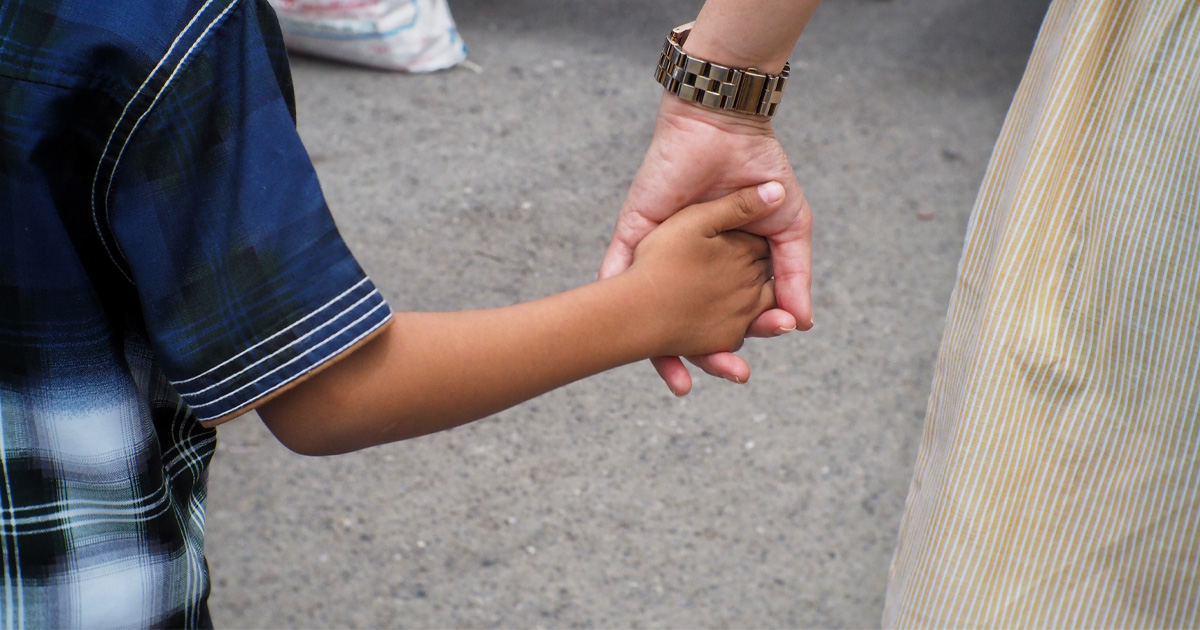Gloria James-Civetta & Co welcomes the new direction taken by the Family Justice Courts, which embraces Therapeutic Justice as the path for family disputes in the future.
This article seeks to explain how this new approach will shape the Divorce Law Landscape in Singapore and how GJC Law puts these principles in place to help parties experience a smoother divorce journey and easier transition to a new life phase.
Our team of experienced divorce lawyers is trained in the practice of Therapeutic Justice. They are skilled in Coaching, Counselling, Negotiation, Collaborative Family Practice, Parenting Issues, and Mediation.
The New Approach to Divorce Law in Singapore
Some couples view divorce as necessarily an adversarial proceeding. Past hurts in the marriage and fear of loss and change often lead parties to operate under a mistrust cloud as they seek to dissolve the marriage.
The divorce process can quickly turn into a battle where parties focus on “winning” or punishing their spouse rather than quickly ending the marriage and moving on with their life.
“There are no winners in this acrimonious approach as all parties suffer emotionally, most especially the children to the marriage.”
The Family Justice Courts are committed to encouraging a more friendly and healthy approach to divorce. In May 2020, Presiding Judge Debbie Ong released the Family Justice Courts Workplan, announcing the court’s application of Therapeutic Justice in all family proceedings.
In this new divorce landscape, the Family Justice Courts strive to implement a non-adversarial, problem-solving system.
“This new system recognizes that “justice” in family proceedings requires a different approach to dispute resolution because of the presence of the children.”
It aims to pave a path that allows for the “healing, restoring, and recasting” of the family’s positive future.
This novel approach does not change divorce law or the ancillary matters. It merely serves as a reminder of how the law should be applied to reach a just and healing outcome for divorced families.
What is Therapeutic Justice?
Therapeutic Justice is essentially a “lens of care.” Through this lens, we can look at the extent to which substantive rules, laws, legal procedures, practices, and traditional participants’ roles produce helpful or harmful consequences.
This lens helps address the family’s legal and non-legal issues that facilitate an outcome that improves the whole family’s function and smoothly transitions the family to a new phase of life. Again, it is a lens focused on problem-solving rather than adversarial positioning.
Therapeutic Justice uses a multi-disciplinary approach involving several stakeholders to focus on problem-solving. These include:
- Counselling,
- Therapy,
- Mediation and,
- Collaborative Family Practice (CFP).
Through the system, parties should reach therapeutic interventions and support as early as possible comfortably.
“Such interventions meant to assist couples at the moment of divorce, and to assist them in managing future issues and helping them acquire the skills they need to manage their post-divorce lives, particularly as co-parents.”
How is the Therapeutic Justice Approach used?
Therapeutic Justice has twin goals for problem-solving: Firstly, achieving an amicable resolution, and secondly, applying balance in interpreting the law.
Achieving an Amicable Resolution
Amicable Resolution occurs when parties arrive at a resolution despite being in a difficult situation. Achieving a peaceful solution might mean mediation to settle, but it can also mean court adjudication when necessary.
“The goal is to achieve resolution without being “unpleasant.” Divorcing couples must learn to develop skills to resolve disputes without resorting to litigation, co-parent post-divorce, and become familiar with how to access appropriate support services.”
Divorce lawyers play a critical role in such challenging situations, working collaboratively with parties to shepherd them smoothly through this journey.
Family lawyers assist parties by providing sound advice, helping to make good decisions right from the early stages, and reaching cooperative agreements that are reasonable, fair, workable, durable, and safeguard the children’s interests.
Using a Balanced Application of the Law
Divorce law itself has not changed, but with the new Therapeutic Justice landscape, the law’s application demands a balanced approach. When dividing marital assets, the law provides a structure. Yet, the courts discourage parties from being too “rigid and calculative” in their approach. Still, neither should the courts rely on insufficient evidence.
Similarly, in child custody issues, the courts attempt is to be mindful of a child’s perspective before getting them involved in proceedings or burdening them with decisions or choices they may regret.
Using the Therapeutic Justice lens, it becomes clear that an “unthinking application of law, processes, and measures can lead to anti-therapeutic effects.”
How GJC Law will Assist you in your Matter
GJC Law is fully committed to using the Therapeutic Justice lens in helping families resolve their issues. The team of divorce lawyers assigned to your case will guide you design a strategy and help you make well-informed decisions from the initial stage of the divorce process.
Our goal is to help you reach an agreement that is reasonable, fair, workable, durable, and practical for your family as peaceably as possible.
Below, we describe the stages of the divorce process in Singapore and how the Therapeutic Justice lens helps you think about your issues and make well-informed decisions in a thoughtful and goal-oriented manner.
Stage 1
You will need to consider your proposed terms concerning the following issues:
- Reason for the Divorce / Dispute / Breakdown of the Co-habitation;
- Child Issues (Custody, Care and Control, and Access);
- Division of Matrimonial Assets (including Matrimonial Home);
- Child Maintenance;
- Spousal Maintenance;
- Potential Relocation;
- Legal Costs.
You will also need to:
- Draw up a list of expenses for yourself and your child to arrive at a reasonable proposed sum for child maintenance.
- Collect all documents concerning the property (where relevant) to arrive at a reasonable proposal relating to marital assets’ division.
Our GJC Law team will provide you with relevant and comprehensive literature to assist your understanding during this stage. Depending on your circumstances, such literature might include information on the divorce process, child-related issues, maintenance, CFRC, relocation, mediation, counseling, or other topics.
Dedicate time to read through the literature, noting factors that the court considers in their decision-making and other points that seem reasonable and places the child’s welfare at the forefront.
Our lawyers will provide our views regarding your proposal to ensure the terms are in the child’s welfare and protect your rights. Where we require further clarifications from you, we will request additional information.
Stage 2
Once we have finalised your proposed terms of the settlement, you may consider discussing the terms with your spouse.
Our team will advise you accordingly, depending on your spouse’s reaction/counter-proposal to the proposed terms.
We can also reach out to your spouse with your proposals to kick-start the discussion.
We also encourage you to consider other Alternate Dispute Resolution methods, such as Mediation, Without Prejudice Negotiations, or Collaborative Family Practice.












